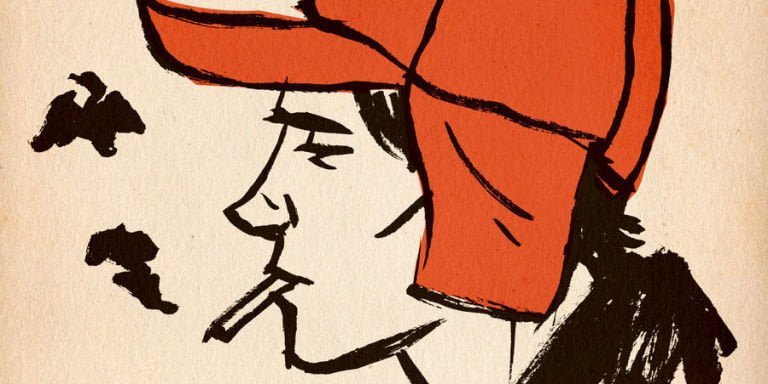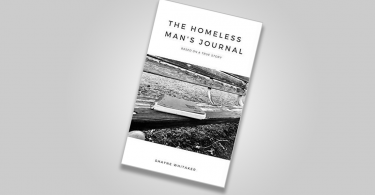Kettle’s books section’s latest weekly column is ‘Checking out The Classics’. We give a Kettle writer the opportunity to share their opinion or review of a classic piece of literature. In this week’s article, books editor Chloe Smith shares her thoughts on why The Catcher in the Rye should still be considered a classic piece of literature.
The Catcher in the Rye turns 65 this year, and despite being published for nearly seven whole decades, it’s still highly regarded as a literary classic.
The question is – is there a reason for this? My answer, after discovering the book sometime four years ago, devouring it in one sitting and rereading it every year since, is a resounding yes.
But why? Well, even the phonies that Holden gets so down about can recognise the beauty in The Catcher in The Rye.
Compelling characterisation
For one, the characterisation is so real – Salinger perfectly captures and emulates the lonely, scared voice of a teenager in Holden, which makes some revelations at the end of the book even more shocking and saddening. But Holden as a character is also extremely well done as a whole – because from the start, you are drawn into the whole story due to Holden’s voice, and are kept there, gripped by the compelling, intriguing voice of this character and his narcissistic look on the world around him. Salinger also captures the hearts of readers through his writing style – he is able to write breathtakingly beautiful descriptions which paint a very detailed picture of a 1950s New York, which draws the reader in from the very first page.
But it can be said that The Catcher in the Rye is regarded as a literary classic for much more than that, because this book is the modern coming of age story which will resonate with any reader, but particularly with a teenage reader. This is mainly due to how realistic Holden’s voice, thoughts and actions are in the book – while some may get frustrated with the character’s general outlook on life and the world around him, other readers, especially younger readers and teenagers, may at times empathise with his opinions and view of the world.
J.D. Salinger working on 'The Catcher in the Rye' during WWII. pic.twitter.com/vOKdWNQKeI
— Classic Pics (@ClassicPixs) July 15, 2014
While not often mentioned, I also believe that The Catcher in the Rye touches on the theme and portrayal of mental illness very well, considering the time at which it was published. While Holden never explicitly talks of any mental health issues, and none are mentioned explicitly, considering events and actions that are mentioned throughout the novel, and particularly near the end of the novel – while also considering Holden’s thoughts and actions leading up to these revelations – it can become obvious to some readers that Holden may be suffering from depression, something that is handled very eloquently by Salinger, but is no less heartbreaking. Especially when the reader who has connected with the character throughout the novel has to read about Holden’s saddening past and suffering.
Timeless
Another reason why The Catcher in the Rye should definitely still be considered a classic novel is because it is still relevant. Whether this is because of the relatable teenage voice of Holden that so simply yet eloquently keeps drawing you back into the story, time after time, or perhaps because of Salinger’s gorgeous writing that creates simple yet profound imagery that has new depth with every read or exploration – The Catcher in the Rye is timeless. It will hold up and enrich readers no matter when, or how many times, it is read – while on the surface it appears to be a very simple novel about a teenage boy, once you begin to read you get lost in Holden’s life and the world he lives in, and doesn’t lose any of this magic or charm when it is revisited or read – the true mark of a classic piece of literature.
To put it simply, The Catcher in the Rye is a classic for many reasons – mostly, as it manages to be read, understood, and loved, so many decades after it was first published. If a story can still resonate with readers that long after it was published, if it can still strike a chord with teens and older readers alike, if it can tell a story about richly written characters and lives in such a captivating, while also speaking to its readers, then it is more than worthy of its place as a classic piece of literature, in my opinion.
Want to contribute to the column and write about your favourite (or even least favourite) classic novel? Check out whether your book has already been covered and then send an email to: books@kettlemag.co.uk









